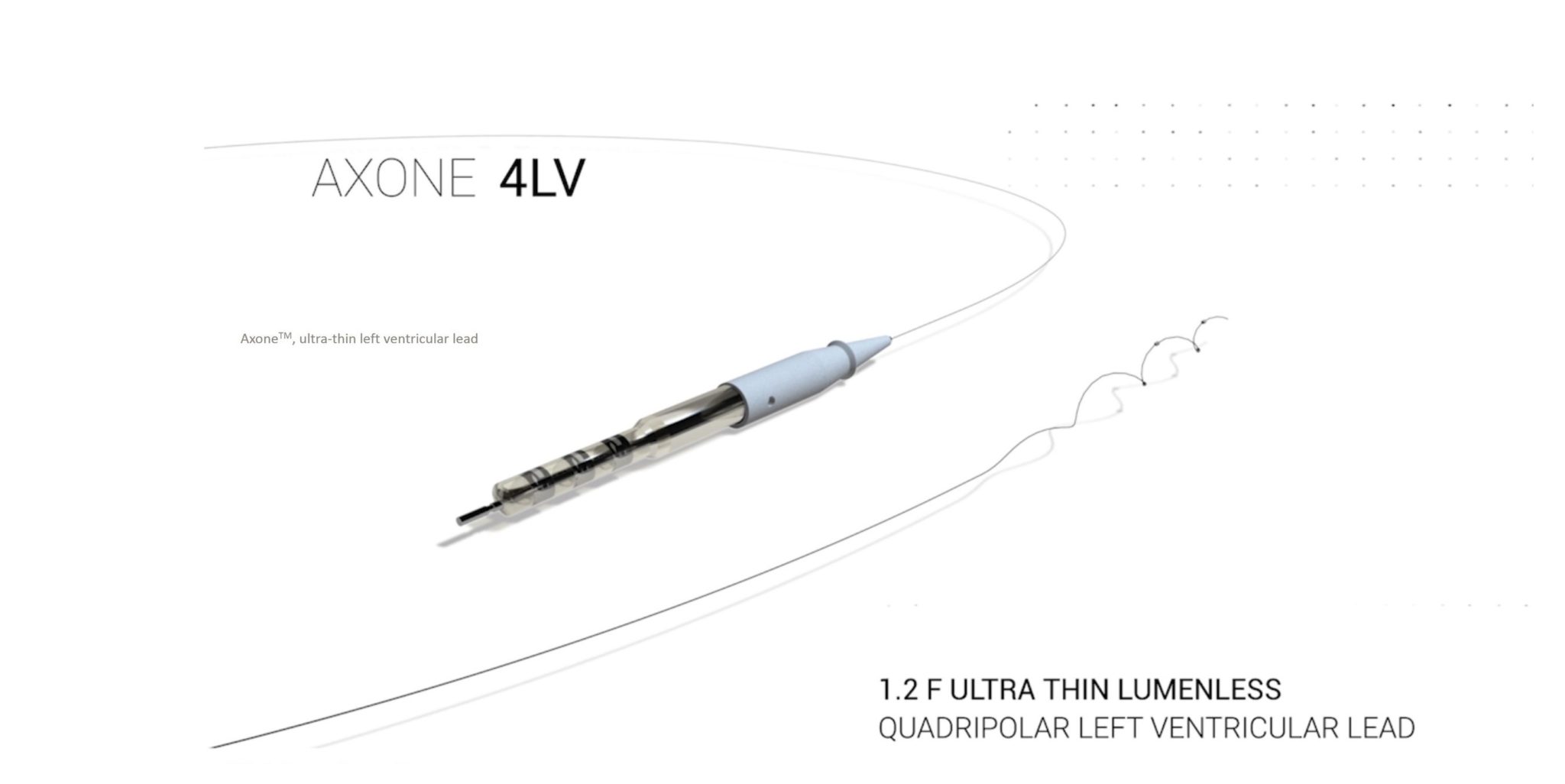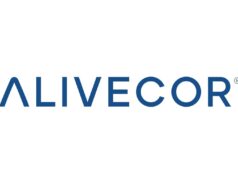
MicroPort Cardio Rhythm Management (CRM) has announced the first enrolment in the Astral-4LV clinical trial to evaluate the safety and efficiency of Axone, a breakthrough quadripolar left ventricular lead. Axone is designed for use in heart failure patients with Cardiac Resynchronisation Therapy (CRT) indications that require the implantation of a CRT pacemaker (CRT-P) or CRT implantable defibrillator (CRT-D).
The purpose of this study is to assess the chronic safety and performance of the Axone lead for cardiac resynchronization therapy (CRT). CRT requires a pacing lead to be positioned in the coronary venous system of the left ventricular (LV). The Axone lead has a diameter of 0.4mm, which is about four times smaller than the diameter of a standard LV lead, and has been designed to better navigate in narrow and tortuous coronary veins.
Axone also features four widely-spaced electrodes, which may offer more options for LV pacing sites and allow multipoint pacing with distant electrodes (bi-zone pacing), for potentially broader resynchronization.
The first implantation of the Axone lead as part of the Astral-4LV study was successfully performed on December 3, 2020, by Frédéric Anselme, main investigator, from University Hospital of Rouen, Rouen, France.
“Approximately 30% of patients do not respond to CRT therapy, and one of the main reasons is the difficulty of being able to pace the left ventricle in the correct locations,” said Anselme. “Axone makes it possible to find left ventricular pacing sites that are inaccessible with standard leads. Axone is what we needed to improve the response rate to CRT and have a positive impact on patient outcomes.”
Astral-4LV is a prospective, single arm, multicentre clinical trial that will enrol 152 patients at 20 centres in France, Germany, Italy, Netherlands, Portugal, Spain, and Austria.
“We continue to invest in innovative technologies and support clinical trials that provide the strongest possible evidence of safety and efficacy for our therapies,” said Benoît Clinchamps, president of MicroPort CRM. “The Axone lead and Astral-4LV clinical study highlight our commitment to improving the quality of life of patients and saving more lives. We strongly believe that Axone has the potential to be a major breakthrough in the treatment of heart failure through resynchronization therapy.”
The primary objectives are the related complication free rate and the success rate of left ventricular pacing. A secondary objective of the Astral-4LV study evaluates the success rate of a bi-zone left ventricular pacing. The study data will be used to support CE marking of Axone™. The primary endpoints will be evaluated at 6-month post-implantation and the patients will be followed for 4 years.
The Axone Project has received funding from the European Union’s Horizon 2020 research and innovation program. MicroPort CRM is leading the project in collaboration with Heraeus GmbH, Germany, the University Hospital of Rouen, France, and Maastricht University, Netherlands.









